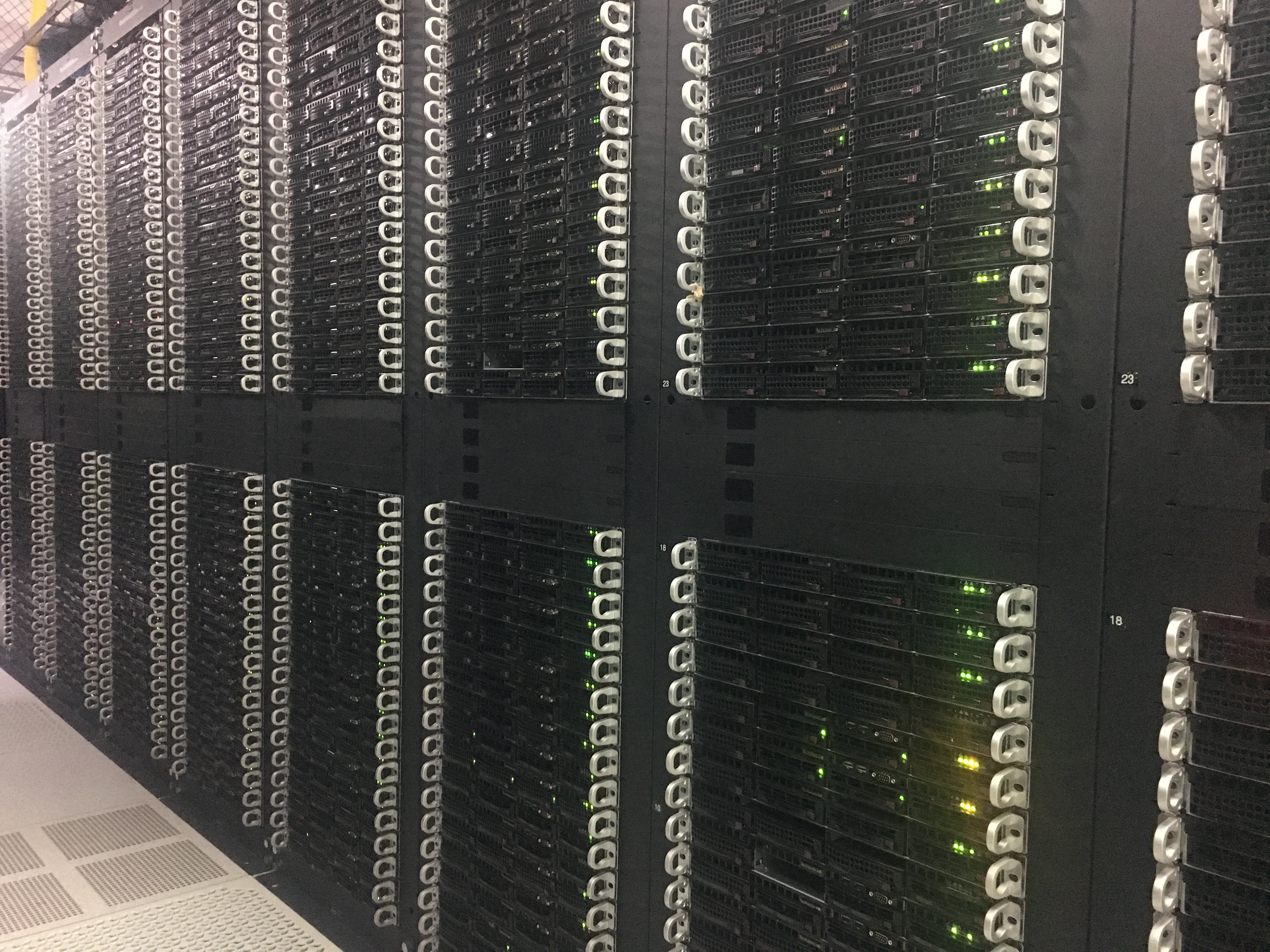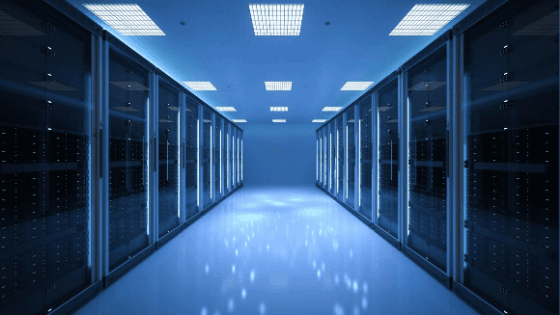Many people who are new to the world of application and website hosting are confused about whether to invest in a dedicated server or public cloud. Some companies that already have a host server aren’t sure if switching would be worth it. With the cloud industry becoming a big trend over the last few years, it’s hard to distinguish the exact differences between public cloud hosting and a dedicated server. Here’s a brief comparison of the two options and our thoughts on which could be better for certain businesses and why.
Dedicated Servers
This traditional type of host server is highly recommended and ideal for most web apps and interactive sites. It’s a physical server that your company can purchase or rent from a data center, like Hivelocity, to use for any of your business needs. There’s generally a waiting period anywhere from a few minutes to a few days for the installation, during which someone from the hosting company physically builds and configures the server. You then pay a monthly charge for its ongoing maintenance and service. While some hosting providers require you to purchase a new server in order to scale up resources, many are willing and able to upgrade system resources at any time with nominal downtime.

One of the biggest benefits of a dedicated server is the security, because you know exactly where it is and who is accessing it. Since only you and your company are using it, you can tailor its performance according to your business operations. You also get peace of mind from not having to share it with other companies or users. Only your applications, website, and data are hosted on the dedicated server, so only you or the hosting company will access it. Additionally, there are ways to leverage the scalability benefits of a public cloud with dedicated servers through load balancers, IaaS platforms such as OpenStack, or storage software like CEPH.
These benefits make dedicated servers an ideal solution for businesses of any size with predictable demand and companies that require high levels of data security. It’s also ideal for businesses that use I/O-heavy applications such as big data platforms and databases.
Public Cloud
Rather than being hosted on dedicated hardware that only you use, public cloud servers are outsourced, shared and run on virtualized software that the hosting company manages. This means that a single physical server is parsed into numerous virtual servers with each virtual server being utilized by a different organization. After your virtual server is created, you can access it within minutes.
A public cloud server allows you to scale your resources up or down based on your demand. You only pay for the server space that you use, typically on an hourly basis. Since you can purchase a virtual server with very minimal resources it offers a very inexpensive cost of entry. However, as resource needs grow, a public cloud is typically more expensive when compared to like resources of a dedicated server.
These benefits make public cloud servers ideal for companies with very little resource needs and companies with fluctuating workloads and demand.
Why a Dedicated Server Is Better for Some Businesses
Although public cloud has attractive benefits, those benefits are often experienced by a relative few. Most typically, small companies with very minimal needs or companies that experience hyper-growth in a short period of time benefit most from a public cloud solution. Companies with moderate to heavy resource needs that have predictable growth will very often save money and experience better performance when they choose dedicated servers. SMBs or Small to Medium size Businesses make up 99% of all businesses in the United States and the vast majority of these SMBs experience moderate and predictable year over year growth. This makes dedicated servers very often the most logical choice.
Hivelocity owns and operates over 60,000 square feet of data center space where it provides dedicated servers, colocation, and cloud hosting solutions to customers from over 130 countries. If you have questions about any aspect of dedicated servers, we have answers. Chat live with a sales agent today.
Additional Links:
Looking for more information on Hivelocity? Search our blog or look over our about page!
In need of more great content? Interested in cPanel, Private Cloud, or Edge Computing? Check out our recent posts for more news, guides, and industry insights!



1 thought on “Dedicated Servers Versus Public Cloud”
Thankfulness to my father who told me regarding this web site,this website is actually amazing.